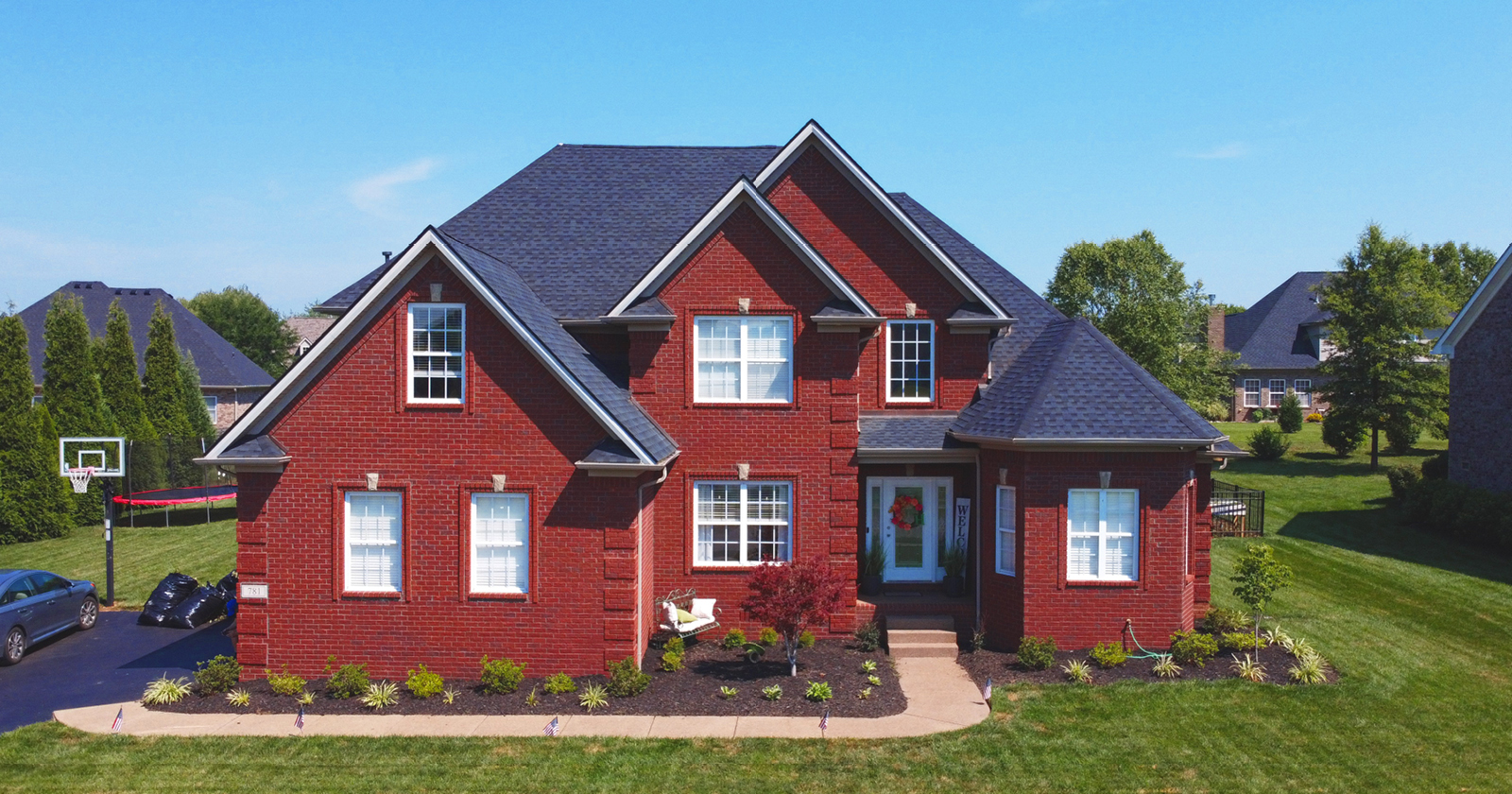Have You Missed Your Chance to Do it?
Interest rates in 2020 and 2021 dropped to historic lows, and many people took advantage of these lower rates to refinance their homes. Rates have steadily increased over the course of 2022, however, due in large part to rising inflation and energy costs. So given the state of current refi rates, is it too late for you to think about refinancing?
The short answer is that it depends on your situation. Here are two things to ask yourself.
Can you still get a lower rate than what you currently have? If you can refinance at an interest rate that’s even 1% lower than your current rate, then it’s still worth considering, since you can save money by locking in a lower monthly payment and paying less interest over the long term.
Can you shorten (or lengthen) your loan term? Even though they’re higher than they were two years ago, interest rates on shorter loan terms are still beneficial, because they enable you to pay off your mortgage faster and with less interest. Conversely, a longer loan term typically equates to a lower monthly payment, which can also be extremely helpful.
Is it Right For You?
Is it worth it to refinance my home? This is a common question for homeowners seeking to improve the terms of their existing home loans. Here’s when to consider mortgage refinancing.
Interest rates are more favorable. If interest rates are in decline, you may be able to get a better deal by refinancing your home loan now. Many homeowners also choose to refinance their existing loans so they can switch from adjustable-rate mortgages (ARMs) to fixed-rate mortgages, or vice versa.
You need money. Many homeowners need to tap into home equity to raise money to finance a major purchase, consolidate debt, take advantage of a timely investment opportunity, or deal with financial emergencies.
You want a different timeline. Refinancing can allow you to save money by shortening the term of your home loan from 30 years to 15 years. This can help you save money by avoiding long-term interest, but you will have to pay a higher monthly mortgage payment if you shorten the duration of your loan.
What to Know Before You Start
If you’re thinking of refinancing your home mortgage, you’ll need to familiarize yourself with some basics before getting started. Here are a few things you should know as you embark on the refinancing process.
Your home’s equity. Before you begin, find out how much equity you have in your home. You can determine this by taking the current appraised value of the property and subtracting any loan balance against it. Once you know this number, you’ll have a better sense of how much a lender will be willing to let you borrow.
Current mortgage rates (and your credit score). The mortgage rate you secure will be based in large part on your credit score, which measures your ability/likelihood to pay off debt. So it’s important to have a general idea of both things before starting the refinance process.
Your debt-to-income (DTI) ratio. The DTI ratio measures how much debt you owe versus how much income you make. The lower the ratio, the better your chances of securing a loan for a home refinance.
Expected (and Unexpected) Costs
Refinancing your mortgage can save you big money and free up much-needed cash. But it comes with a price. How much does a refinance cost? Here’s what you can expect.
Expected Costs: The average closing cost for refinancing a mortgage is about $4,345. This includes everything from a mortgage application fee and property appraisal fee to a loan origination fee, inspection fee, survey fee, local recording fee and a reconveyance fee. It also includes attorney fees and costs associated with title searches and title insurance.
Hidden Costs: If you have a high loan-to-value (LTV) ratio, you may have to pay private mortgage insurance (PMI). Some lenders may also apply penalty fees for ending your original mortgage loan early. In response to high mortgage rates, the FHFA has also instituted 0.5% adverse market fees on loans that are going to be sold to Freddie Mac or Fannie Mae.
Potential Costs: Your costs will vary based on the terms of your new loan. Are you moving from a 30-year loan to a 15-year mortgage? Are you applying for a cash-out refinance, rate-and-term refi, reverse mortgage, etc.? There are many different ways to refinance a mortgage, and each option comes with unique fees and costs. So, do plenty of research to get an idea of what to expect based on your unique circumstances.
Not All Lenders Are the Same
If you’re financing your home, you’ll need to choose a lender to obtain the financing. Here are some questions to ask when making your decision.
Should I use the same lender who financed my existing mortgage? If you’re happy with your current lender, then using them again for your refinance may seem like the most straightforward option. But it’s in your best interest to shop around a little and see what else is out there, even if you’re just looking for a basic price comparison.
Do I have to use a bank or a credit union? Banks and credit unions are the most common sources of finance, but you do have other options when it comes to refi lenders, including specialized lending firms and consumer finance companies. It’s worth researching what they can offer you before making your choice.
What about closing costs? Keep in mind that the cost of your refinance involves more than just the interest rate. Some lenders may promise a low rate, but charge high closing costs. You’ll want to balance both costs when choosing the best refinance lender for your needs.
Understanding Insurance
Confused about Private Mortgage Insurance (PMI) and refinancing? Here’s a brief explainer, along with some tips for eliminating private mortgage insurance when you refinance your home.
What is PMI? Lenders require PMI payments when borrowers acquire a loan with less than 20% for a down payment. In most instances, PMI is automatically canceled once you reach 22% equity in your home. You may be able to get it canceled at 20%, but you will have to submit a written request because it won’t automatically drop off until you reach 22% equity.
Can a refi help? If you’re thinking about refinancing because interest rates have dropped, your new loan balance may amount to less than 80% of the home’s value. That usually means you won’t have PMI as part of your new financing.
Is it a good idea? In certain cases, it can be worth refinancing your mortgage to get rid of PMI. But you will have to pay a few thousand dollars in origination fees, appraisal fees and other closing costs. Be sure the benefits of a refi outweigh the overall costs to make sure you are getting the best possible deal.



